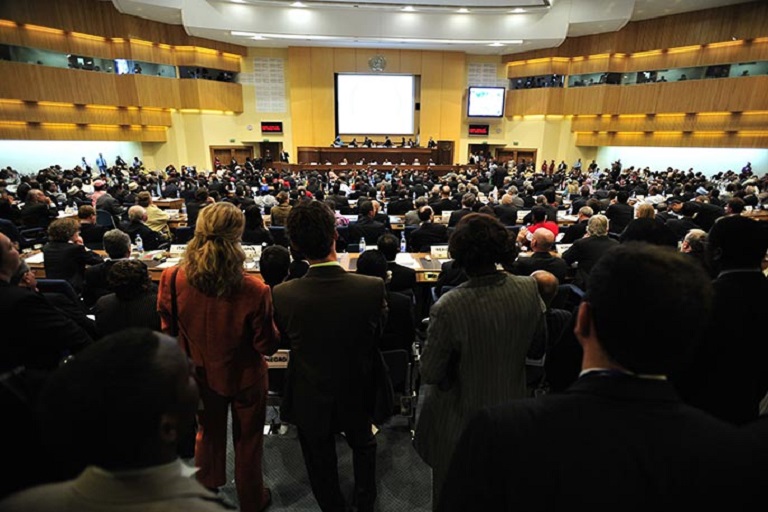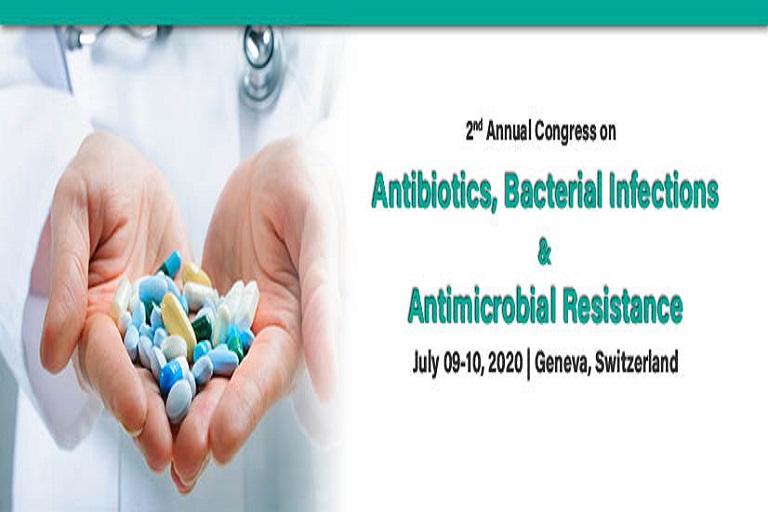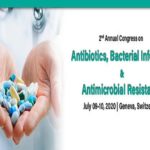risk than other sugary foods
Public health strategies to cut sweetened drink consumption could be useful, say researchers
Sweetened drinks pose a greater risk of type 2 diabetes than most other foods containing fructose, a naturally occurring sugar, finds an evidence review published by The BMJ today.
The findings suggest that fruit and other foods containing fructose seem to have no harmful effect on blood glucose levels, while sweetened drinks and some other foods that add excess “nutrient poor” energy to diets may have harmful effects.
“These findings might help guide recommendations on important food sources of fructose in the prevention and management of diabetes,” said Dr. John Sievenpiper, the study’s lead author and a researcher in the Clinical Nutrition and Risk Factor Modification Centre of St. Michael’s Hospital in Toronto, Canada. “But the level of evidence is low and more high quality studies are needed.”
The role of sugars in the development of diabetes and heart disease attracts widespread debate and increasing evidence suggests that fructose could be particularly harmful to health.
Fructose occurs naturally in a range of foods, including whole fruits and vegetables, natural fruit juices and honey. It is also added to foods, such as soft drinks, breakfast cereals, baked goods, sweets, and desserts as ‘free sugars’.
Current dietary guidelines recommend reducing free sugars, especially fructose from sweetened beverages, but it is unclear whether this holds for all food sources of these sugars.
So researchers based at St. Michael’s and the University of Toronto in Canada analysed the results of 155 studies that assessed the effect of different food sources of fructose sugars on blood glucose levels in people with and without diabetes monitored for up to 12 weeks.
Results were based on four study designs: substitution (comparing sugars with other carbohydrates), addition (energy from sugars added to diet), subtraction (energy from sugars removed from diet), or ad libitum (energy from sugars freely replaced).
Outcomes were glycated haemoglobin or HbA1c (amount of glucose attached to red blood cells), fasting glucose, and fasting insulin (blood glucose and insulin levels after a period of fasting).
Studies were also assessed for bias and certainty of evidence. Overall, no serious risk of bias was detected, but the certainty of evidence was low.
The results show that most foods containing fructose sugars do not have a harmful effect on blood glucose levels when these foods do not provide excess calories. However, a harmful effect was seen on fasting insulin in some studies.
Analysis of specific foods suggest that fruit and fruit juice when these foods do not provide excess calories may have beneficial effects on blood glucose and insulin control, especially in people with diabetes, whereas several foods that add excess “nutrient poor” energy to the diet, especially sweetened drinks and fruit juice, seem to have harmful effects.
The low glycaemic index (GI) of fructose compared with other carbohydrates, and higher fibre content of fruit, may help explain the improvements in blood glucose levels, by slowing down the release of sugars, say the researchers.
They point to some limitations, such as small sample sizes, short follow-up periods, and limited variety of foods in some studies. However, strengths included an in-depth search and selection process and thorough assessment of evidence quality.
As such, they conclude: “Until more information is available, public health professionals should be aware that harmful effects of fructose sugars on blood glucose seem to be mediated by energy and food source.”




































